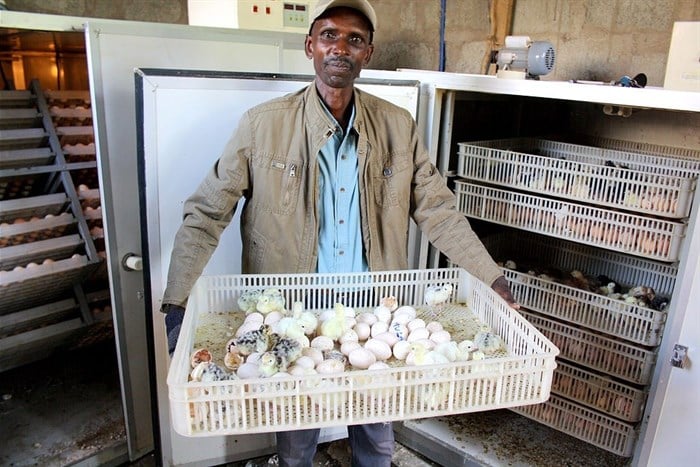
Top stories






More news





ESG & Sustainability
#Sona2026: President announces crisis committee to tackle SA's water challenges









SAGCOT is a public-private partnership with the aim to develop the agricultural sector of Tanzania by fostering responsible agribusiness investments in the country’s southern corridor and is a supporting association of the upcoming outdoor agricultural show, Agritech Expo Tanzania which is to take place in Arusha from 26-27 January 2017.
Kirenga says, as per the SAGCOT Initiative’s broad objective 2030, the organisation is working towards achieving food security and nutrition, green and inclusive growth and economic impact through:
• Transforming 350,000 hectares of land into profitable production
• Creating 420,000 jobs in the corridor
• Changing 100,000 smallholder farmers from subsistence farming to commercial farming
• Uplifting 2,000,000 people permanently from poverty
• Realising $1,200,000 from agribusiness investments in the corridor
• Mobilising $3,500,000 in public and private investments
He adds that it is surprising that “the sector is very diverse despite the fact that all players speak the same development language and aligned to the same goal. Challenges and opportunities in agribusiness are similar all across.”
He continues: “surprisingly, despite the challenges in the sector, the levels or patience and commitment stakeholders have is to be praised. Someday agriculture will truly uplift not only a few players but the country and the region at large.”
The inaugural farming B2B platform is expected to gather thousands of visitors in Arusha, from commercial to emerging and small scale, but also key officials from regional governments, agro associations, NGOs, aid, development and research agencies, agro-dealers, traders and retailers, suppliers, consultants and technical experts as well as venture capitalists, investors and bankers.
Other host partners for Agritech Expo Tanzania are the Ministry of Agriculture, Livestock and Fisheries in Tanzania, the Agriculture Council of Tanzania (ACT), the Tanzanian Horticulture Association (TAHA), and the Selian Agricultural Research Institute (SARI) in Arusha.